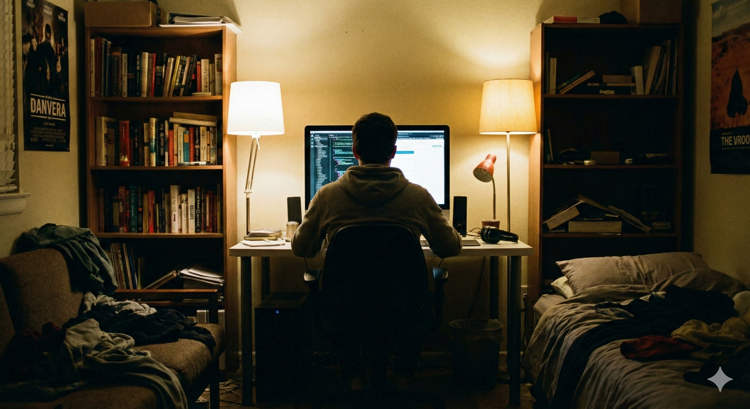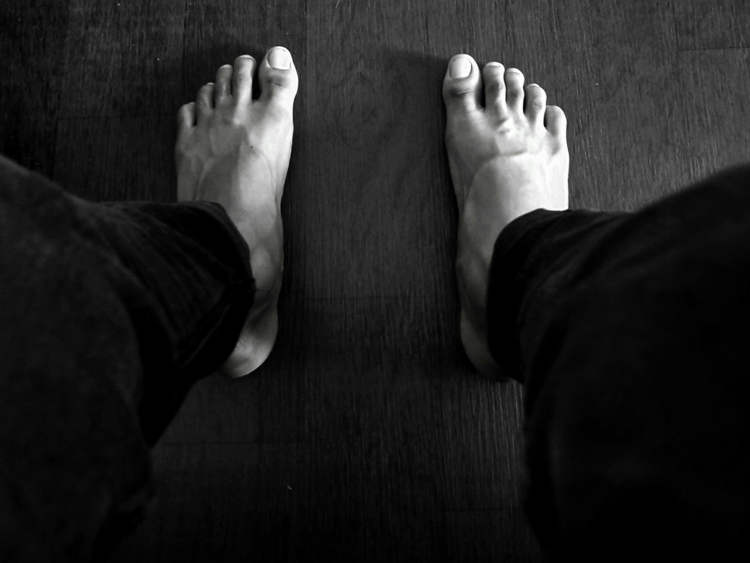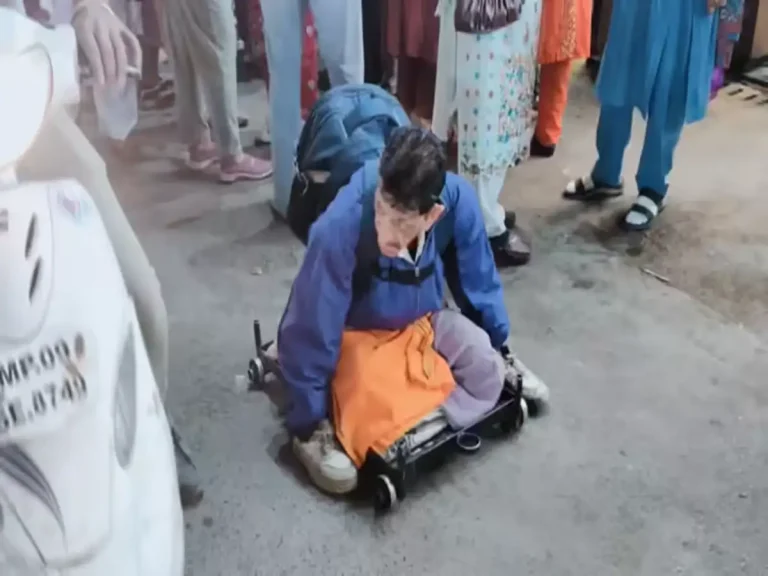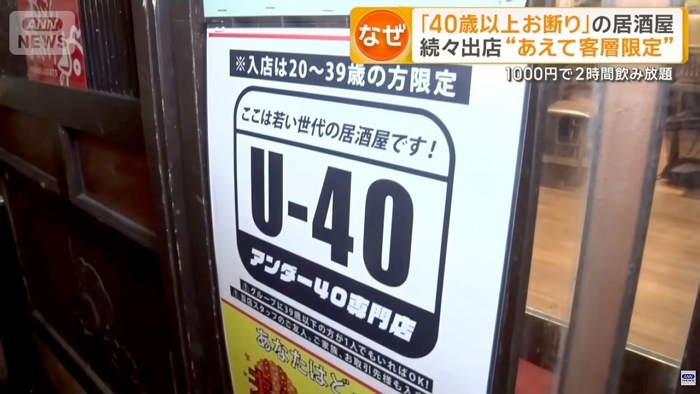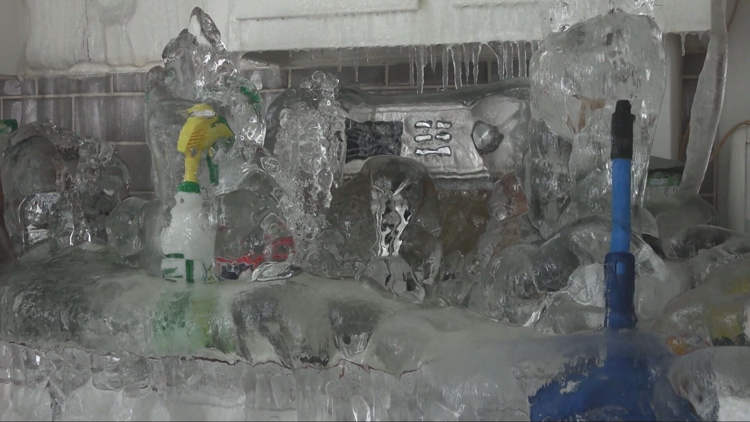Teleperformance, one of the world’s largest call center companies, recently sparked controversy after it was announced that it has been pressuring employees to agree to have AI surveillance cameras installed in their homes.
Call center work has been booming during the pandemic, because many businesses started operating online, and many of them preferred relying on outsourced workers from countries with cheap labor costs, like Colombia or the Philippines. The problem is that most of these call-center operators had to work remotely from home, due to pandemic-related restrictions, which has reportedly been making it harder for managers to monitor their activity. Now, one of the world’s largest call center companies, Colombia’s Teleperformance, is pressuring its employees to accept being monitored in their own homes by artificial intelligence-powered cameras.

Under the protection of anonymity, Colombian employees of Teleperformance complained about new contracts they have been pressured to sign in order to keep their jobs. Originally issued in March, the controversial contracts allow monitoring by AI-powered cameras in workers’ homes as well as voice analytics and storage of data collected from the worker’s family members, including minors.
“The contract allows constant monitoring of what we are doing, but also our family,” one worker told NBC News. “I think it’s really bad. We don’t work in an office. I work in my bedroom. I don’t want to have a camera in my bedroom.”
Teleperformance, which employs over 380,000 people worldwide, and around 39,000 in Colombia, counts Apple, Amazon and Uber among its clients, and has claimed that some of its clients have requested more drastic monitoring, to ensure that their data is being handled according to the strictest standards.

The contract asks workers to agree to having video cameras installed in their home or on their computers, pointing at their workspace and recording everything in real-time. They must also agree to the use of AI-powered video analysis tools that can identify objects around the workspace, like mobile phones, or paper, which are not allowed.
Other controversial aspects of the contract asks workers to agree to sharing data and images related to any children they have under the age of 18, sharing biometric data including fingerprints and photos, and even taking polygraph tests if the company requests it.
Teleperformance spokesman Mark Pfeiffer told NBC News that “cameras were used for spot checks of the company’s clean desk policy and occasionally to ensure compliance with data security processes and that no data is recorded from employees,” adding that employees consented to sharing biometric data and taking polygraphs.

One Colombian worker said that she works night shifts to serve customers from Spain, but she needs to do so from the bedroom, the quietest room in the house, which she shares with her husband. She takes calls from a desk while he sleeps on the bed, and she is worried the microphone might pick up his snoring.
“It’s a violation of my privacy rights and the rights of my husband and mother-in-law who live with me,” she said.
Christy Hoffman, global secretary of UNI Global, which supports workers’ rights to unionize across the world, acknowledged the seriousness of the privacy breach enforced by Teleperformance, and suggested that the call-center company’s clients could help make things better.

“They are not directly responsible from the point of view of Colombian laws,” she said. “But they have leverage and they ultimately control the conditions for workers who perform duties for their operations.”



